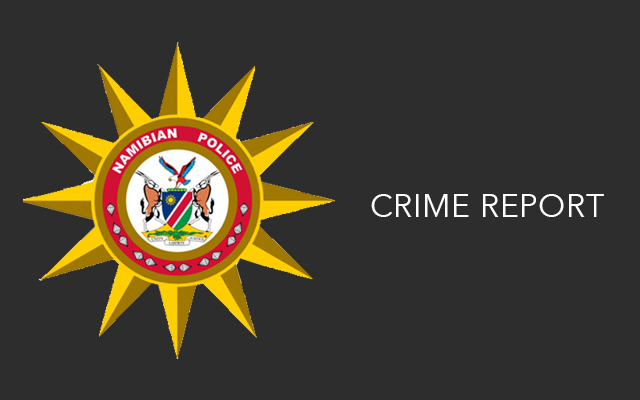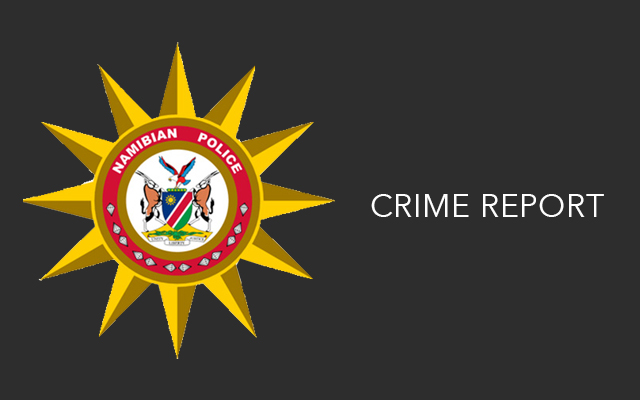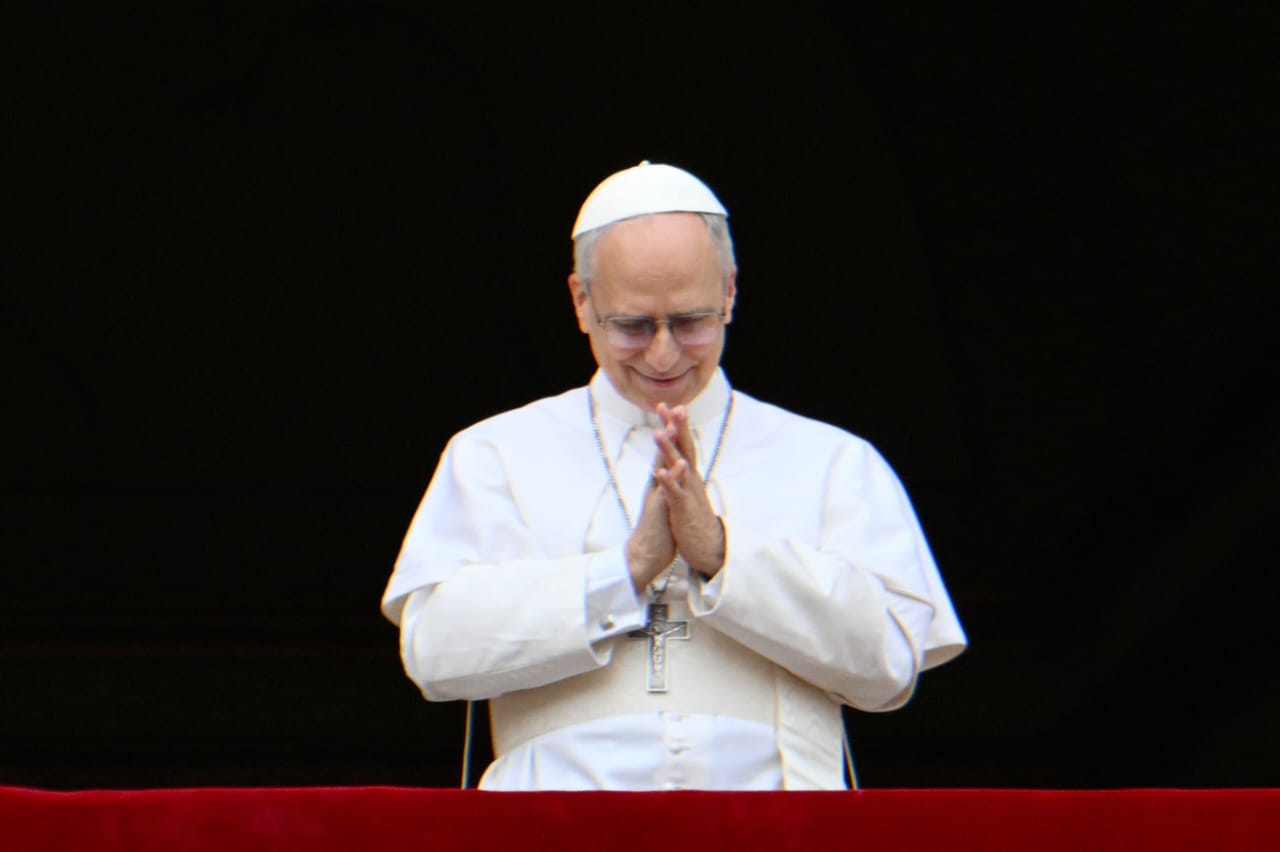JOHANNESBURG – South African economic confidence dipped to its lowest level in nearly four years in February on a bleak economic growth outlook and worsening inflation picture.
A poll of 17 economists yesterday showed that the Reuters econometer, a confidence measure of six weighted indicators, dipped to 227,02 in February from 237,47 in January. Economists were increasingly pessimistic about economic growth, scaling down their growth forecasts for 2008 to 3,85 per cent from 3,99 per cent in January.Growth was seen averaging 4,26 per cent in 2009, a downgrade from January’s expectation of 4,52 per cent that year.”The slowdown on the consumer demand side is where the biggest adjustment is going to come from.Investment will slow too…mainly because of the higher interest rates,” said Michael Kafe, vice president of Morgan Stanley South Africa.Growth in Africa’s biggest economy rose to a near-three decade high of 5,4 per cent in 2006, mainly driven by consumer demand, which has shown signs of crumbling under the weight of higher interest rates and indebtedness.Many economists expected electricity shortages to have an impact on economic growth.The central bank has increased the repo rate by 400 basis points to 11 per cent since June 2006, leaving them flat in January on signs that the economy may slow, despite evidence that inflation was headed higher.The February poll found that CPIX inflation would likely average 8,07 per cent in 2008, up from the 7,22 per cent economists expected in last month’s poll.Inflation has stayed outside the upper ceiling of the central bank’s three to six target band for ten months, galloping to 8,8 per cent year-on-year in January.The central bank has said it expects inflation to come back within the three-six per cent target band by the end of the year.”We certainly disagree with the Reserve Bank’s forecasts.We think food prices will surprise on the upside …when you look at what’s happening on the futures market, and you’ve got the higher oil prices as well,” Kafe said.As a net importer of oil, South Africa is at the mercy of global oil prices.Fuel prices increased by 7,98 per cent in March.WEAKER RAND Further clouding the inflation picture was the weaker rand currency which touched a near five-year low of 8,0025 against the dollar early this week.Economists said the rand was unlikely to turn course in the current environment of global risk aversion and uncertainty about the local political environment.Those polled for February saw the rand increasingly weaker, ending the year at 7,71 to the dollar, 2,6 per cent softer than January’s expectations of 7,51.Investors have been uneasy about ruling African National Congress leader Jacob Zuma, who enjoys wide support from communists and labour unions that would like to steer economic policy to the left.Zuma is expected to become state president in 2009 if he beats corruption charges in his trial which starts in August.”Unfortunately political uncertainty will be with us for a while and the rand will remain under pressure.This is a period of extreme volatility and the trend will be that of depreciation,” said Noelani King-Conradie of NKC Consulting.She said despite the poor inflation outlook the reserve bank might hold back on tightening monetary policy, in the interest of the broader economy.”The reserve bank focuses 18-24 months ahead, and inflation will be within target at that time,” said King-Conradie.”Price stability is the main focus but they do look at growth.Given the slowdown in growth, ultimately that will help bring inflation down.Hiking rates from current levels could do more damage,” she said.But given the worsening inflation picture, the risk of a hike was now higher than previously, other analysts said.The repo rate was seen ending the year at 10,77 per cent, from the 10.45 per cent expected previously, then falling further to 9,33 per cent by the end of next year.Nampa-ReutersEconomists were increasingly pessimistic about economic growth, scaling down their growth forecasts for 2008 to 3,85 per cent from 3,99 per cent in January.Growth was seen averaging 4,26 per cent in 2009, a downgrade from January’s expectation of 4,52 per cent that year.”The slowdown on the consumer demand side is where the biggest adjustment is going to come from.Investment will slow too…mainly because of the higher interest rates,” said Michael Kafe, vice president of Morgan Stanley South Africa.Growth in Africa’s biggest economy rose to a near-three decade high of 5,4 per cent in 2006, mainly driven by consumer demand, which has shown signs of crumbling under the weight of higher interest rates and indebtedness.Many economists expected electricity shortages to have an impact on economic growth.The central bank has increased the repo rate by 400 basis points to 11 per cent since June 2006, leaving them flat in January on signs that the economy may slow, despite evidence that inflation was headed higher.The February poll found that CPIX inflation would likely average 8,07 per cent in 2008, up from the 7,22 per cent economists expected in last month’s poll.Inflation has stayed outside the upper ceiling of the central bank’s three to six target band for ten months, galloping to 8,8 per cent year-on-year in January.The central bank has said it expects inflation to come back within the three-six per cent target band by the end of the year.”We certainly disagree with the Reserve Bank’s forecasts.We think food prices will surprise on the upside …when you look at what’s happening on the futures market, and you’ve got the higher oil prices as well,” Kafe said.As a net importer of oil, South Africa is at the mercy of global oil prices.Fuel prices increased by 7,98 per cent in March.WEAKER RAND Further clouding the inflation picture was the weaker rand currency which touched a near five-year low of 8,0025 against the dollar early this week.Economists said the rand was unlikely to turn course in the current environment of global risk aversion and uncertainty about the local political environment.Those polled for February saw the rand increasingly weaker, ending the year at 7,71 to the dollar, 2,6 per cent softer than January’s expectations of 7,51.Investors have been uneasy about ruling African National Congress leader Jacob Zuma, who enjoys wide support from communists and labour unions that would like to steer economic policy to the left.Zuma is expected to become state president in 2009 if he beats corruption charges in his trial which starts in August.”Unfortunately political uncertainty will be with us for a while and the rand will remain under pressure.This is a period of extreme volatility and the trend will be that of depreciation,” said Noelani King-Conradie of NKC Consulting.She said despite the poor inflation outlook the reserve bank might hold back on tightening monetary policy, in the interest of the broader economy.”The reserve bank focuses 18-24 months ahead, and inflation will be within target at that time,” said King-Conradie.”Price stability is the main focus but they do look at growth.Given the slowdown in growth, ultimately that will help bring inflation down.Hiking rates from current levels could do more damage,” she said.But given the worsening inflation picture, the risk of a hike was now higher than previously, other analysts said.The repo rate was seen ending the year at 10,77 per cent, from the 10.45 per cent expected previously, then falling further to 9,33 per cent by the end of next year.Nampa-Reuters
Stay informed with The Namibian – your source for credible journalism. Get in-depth reporting and opinions for
only N$85 a month. Invest in journalism, invest in democracy –
Subscribe Now!










